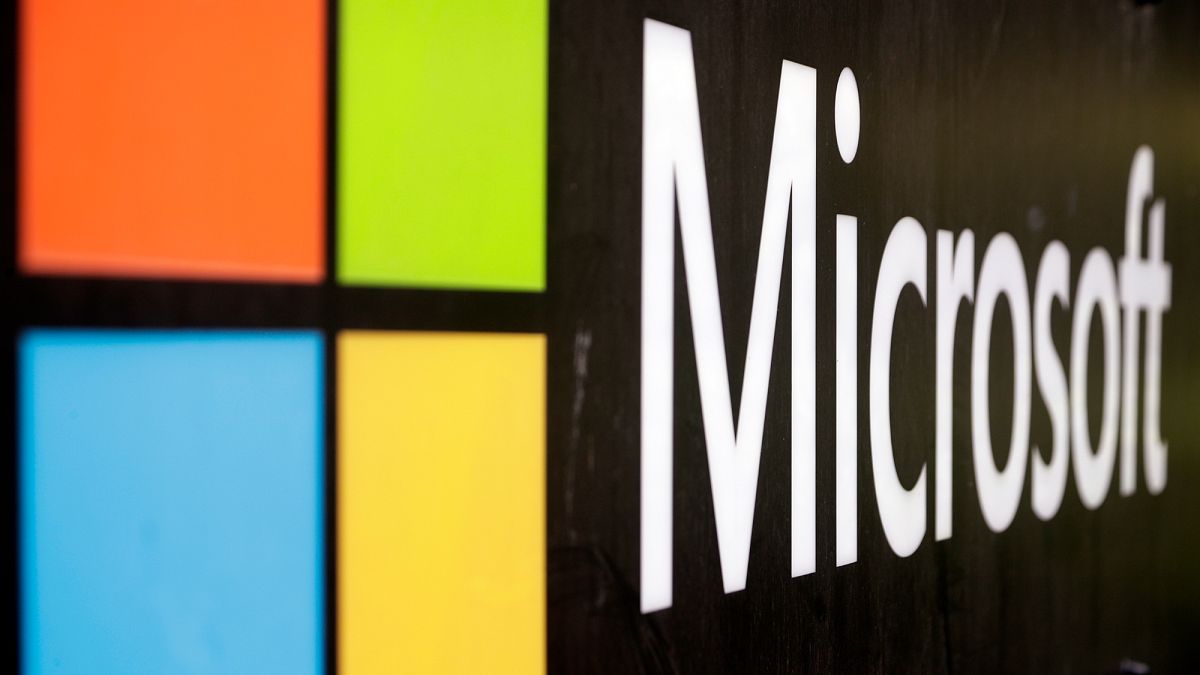

In recent developments, the field of artificial intelligence (AI) continues to stretch the boundaries of technological innovation and societal adaptation across the globe. As these advancements unfold, they highlight a mix of progress and challenges in various sectors.
Microsoft has unveiled an AI tool that shows remarkable promise in the medical field, particularly in diagnosing complex medical issues. During a limited study, this AI demonstrated an impressive accuracy rate, often surpassing human doctors in diagnosing patient conditions. This new tool hints at a future where AI aids health professionals, offering timely and accurate medical assessments, thus possibly enhancing patient outcomes worldwide. The careful integration of such technologies promises to augment healthcare facilities, ensuring that they are both state-of-the-art and patient-centric.
Meanwhile, Meta has announced the creation of a new unit dedicated to exploring artificial general intelligence (AGI). This ambitious endeavor aims to develop AI systems that not only operate at human-level reasoning but can surpass it, enhancing our understanding and capabilities further. Such advancements beckon a new era where machines might perform tasks with the fluidity and creativity akin to human thought, driving innovation in ways previously unimagined. However, this also calls for mindful consideration of ethical frameworks to harness such power responsibly, ensuring these technologies benefit humanity as a whole.
On the sports front, Wimbledon stands at a crossroad with newfound technological adaptations. The decision to employ AI-powered robots to replace line judges marks a significant departure from tradition. This innovation aims for precision in officiating tennis matches, promising to reduce human error. However, this shift is not without its challenges. Some players express concerns over the technology’s current limitations and its impact on the sport’s dynamic. As the world adapts to these automated systems, it is essential to balance innovation with preserving the spirit and passion that defines sportsmanship.
In the realm of football, China recently hosted its inaugural fully autonomous AI robot match. The event showcased humanoid robots engaging in three-a-side games, driven entirely by artificial intelligence. While this represents a futuristic vision of robotics in sports, the footage revealed ongoing challenges, as the robots struggled with fundamental skills like kicking and maintaining balance. This event not only highlights the potential of AI in pushing the envelope but also the hurdles that lie ahead on the path to refining these technologies.
In a somewhat sobering note of societal challenges, Lesotho faces a different kind of struggle involving AI and digital activism. An activist, Tšolo Thakeli, found himself in a precarious situation following a social media post critiquing the country’s unemployment policies. His arrest underscores the delicate interplay between digital expression and governance. As digital platforms become conduits for political dialogue, these instances shine a light on the deeper conversations concerning freedom of speech and political accountability in the digital age.
Across various domains, these developments in AI offer a rich tapestry of opportunities and challenges. They compel us to remain vigilant, ensuring that ethical, social, and user-centered practices govern the ever-evolving landscape of artificial intelligence. As we navigate forward, integrating AI responsibly could indeed illuminate paths to enriching human life in multifaceted ways while respecting the nuanced balance of tradition and innovation.
Source: {link}
